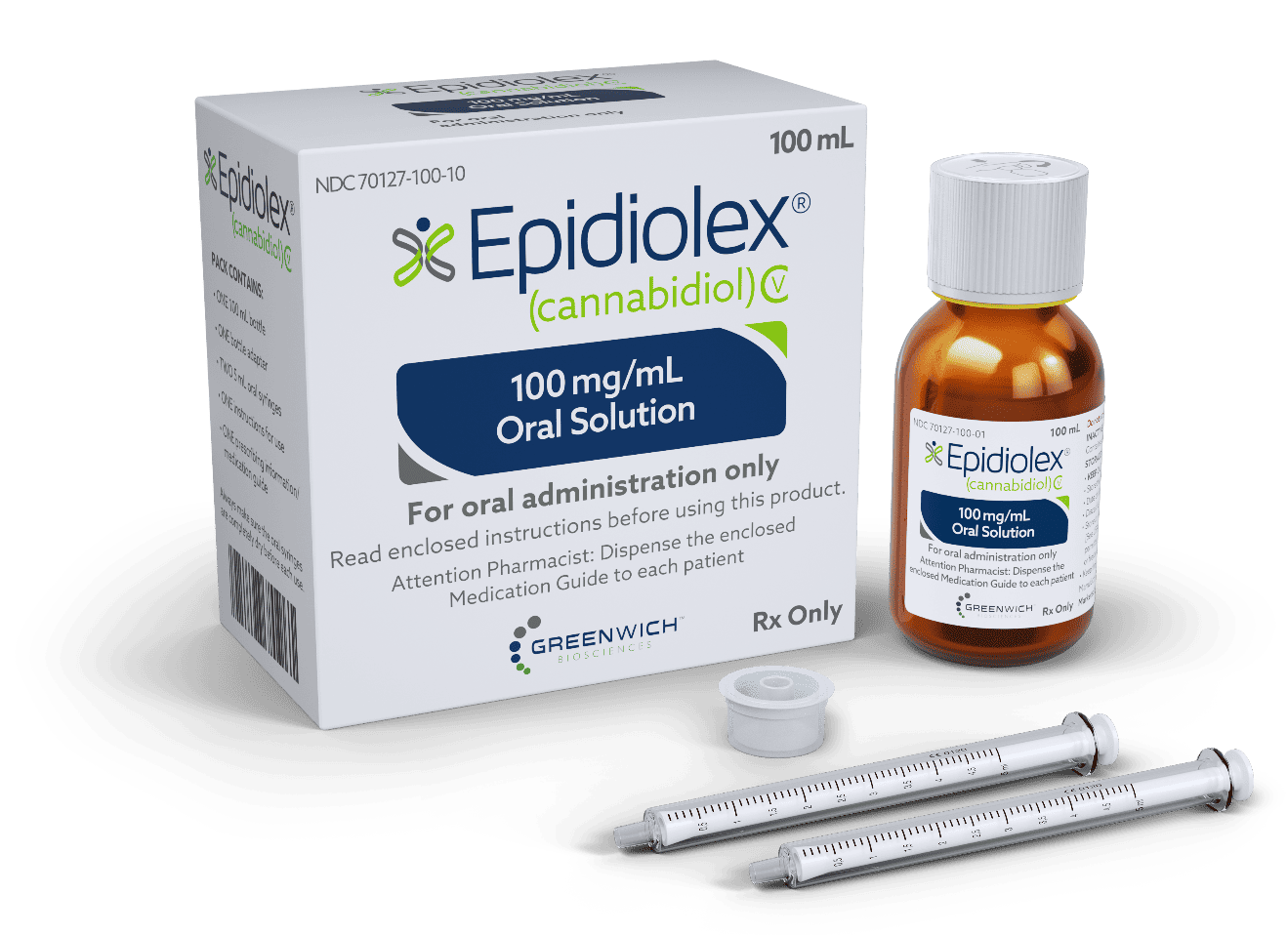A recent international study has found that cannabidiol (CBD) may offer significant relief for patients suffering from drug-resistant epilepsy associated with glycosylphosphatidylinositol-anchored protein deficiencies (GPI-ADs).
 Published this month in the peer-reviewed journal Cannabis and Cannabinoid Research, the study was conducted by a team of researchers from Italy, Denmark, Brazil, Germany, and the United States.
Published this month in the peer-reviewed journal Cannabis and Cannabinoid Research, the study was conducted by a team of researchers from Italy, Denmark, Brazil, Germany, and the United States.
The study focused on six patients with genetically confirmed GPI-AD, a condition that often leads to severe, drug-resistant epilepsy. The patients, five of whom were male, began experiencing seizures as early as five months of age. Despite traditional treatments, these patients continued to suffer from frequent and severe seizures.
Researchers introduced a purified form of CBD, known as Epidyolex®, as an add-on therapy to the patients’ existing treatment regimens. After 12 months of follow-up, five out of six patients (83%) showed a reduction in monthly seizures by at least 50%, qualifying them as responders. The sixth patient also experienced a partial reduction in seizures.
The study also found that the treatment was safe, with no severe adverse events reported. Patients were prescribed an average CBD dose of 17.85 mg/kg/day, and the median duration of treatment was 27 months.
These findings suggest that CBD could be a promising treatment option for those with drug-resistant epilepsy due to GPI-ADs, providing new hope for patients and families affected by this challenging condition. The study underscores the potential of CBD as a safe and effective adjunctive therapy in managing severe epileptic syndromes where other treatments have failed.
For more information on this study, click here.








